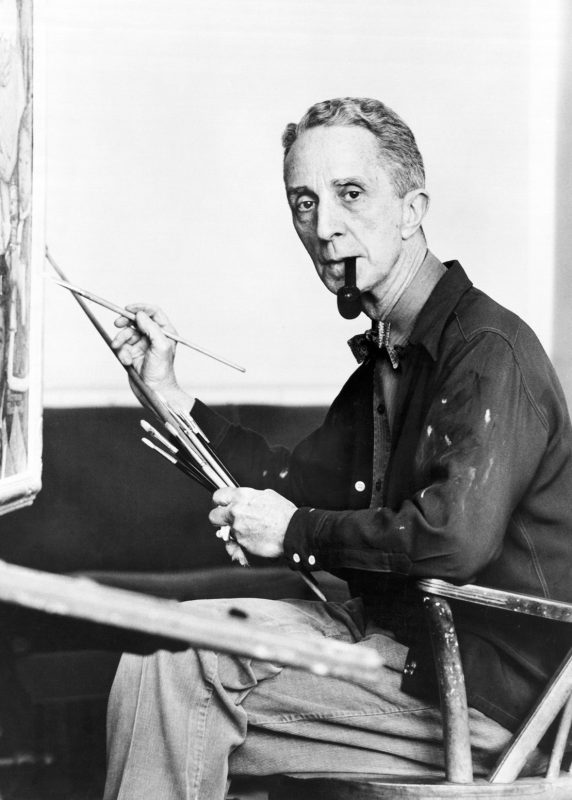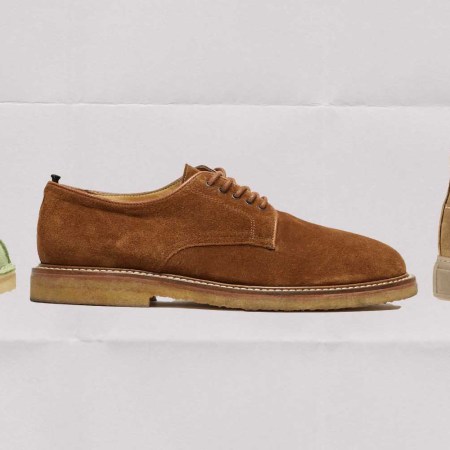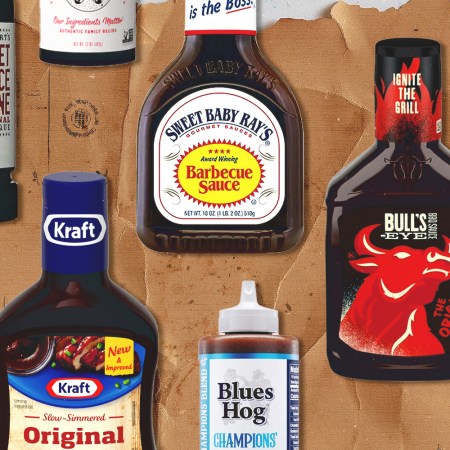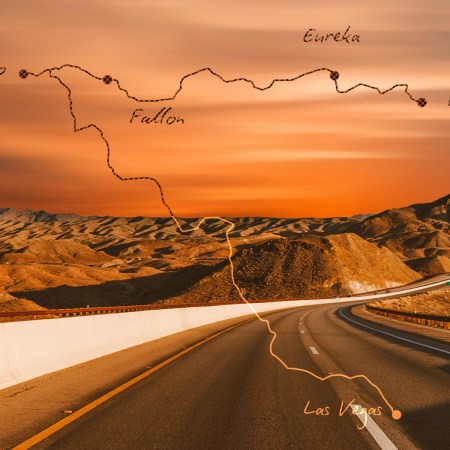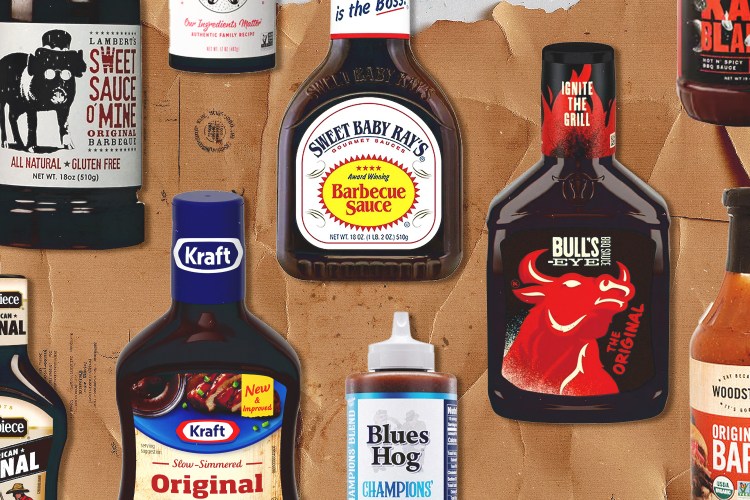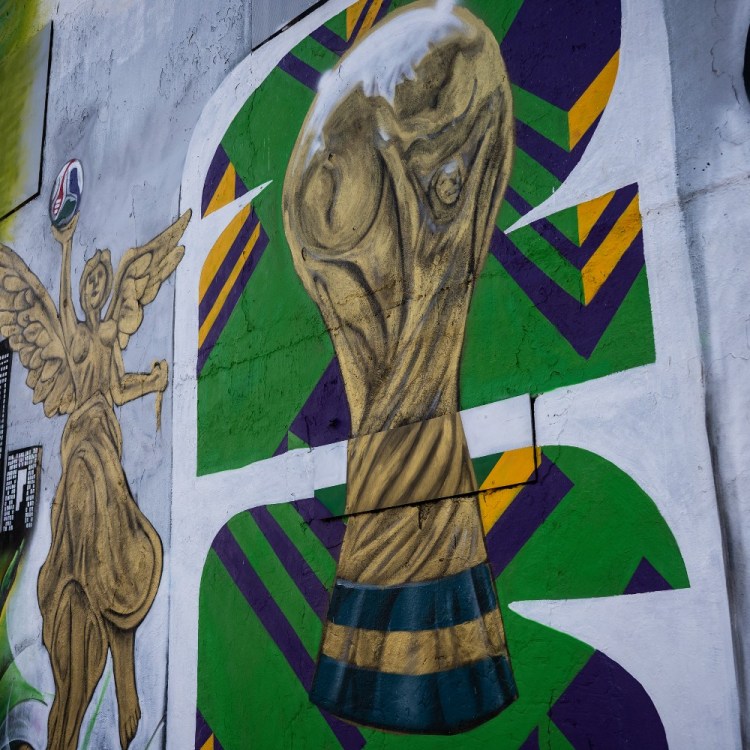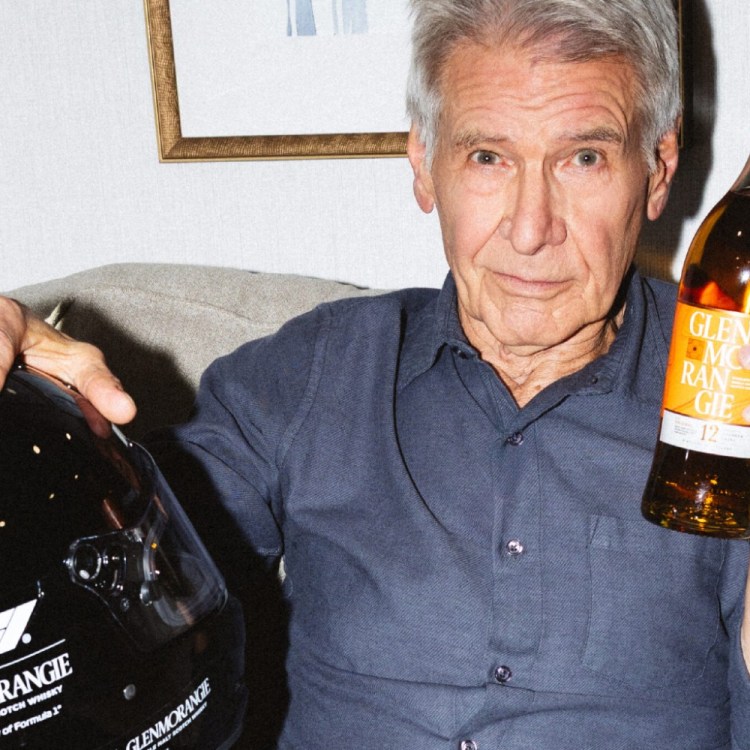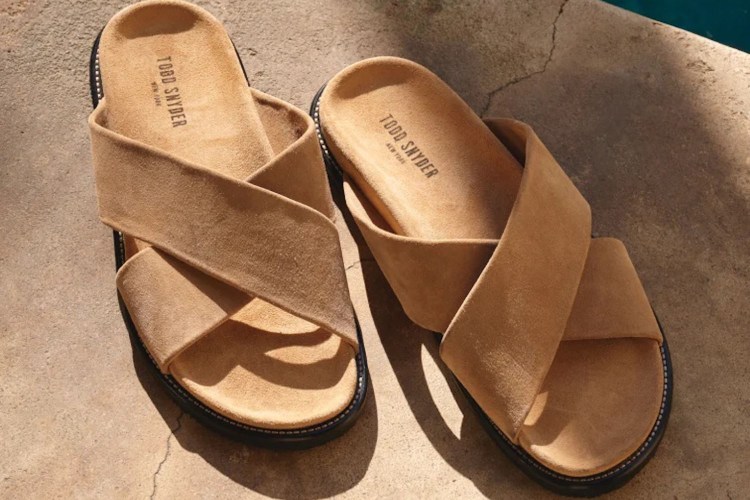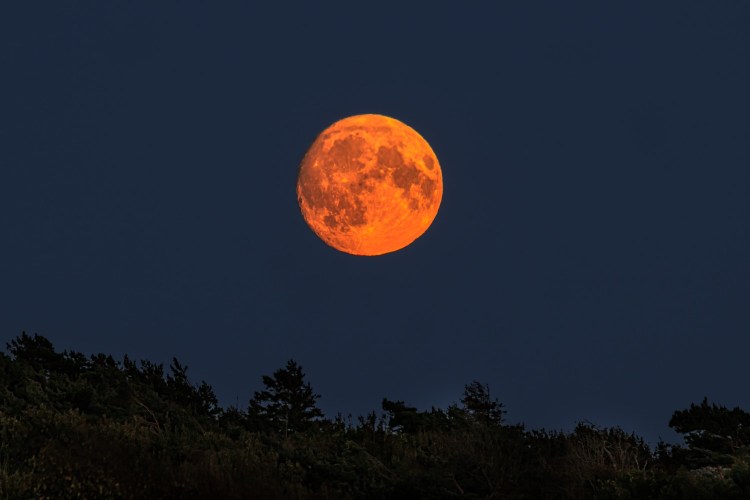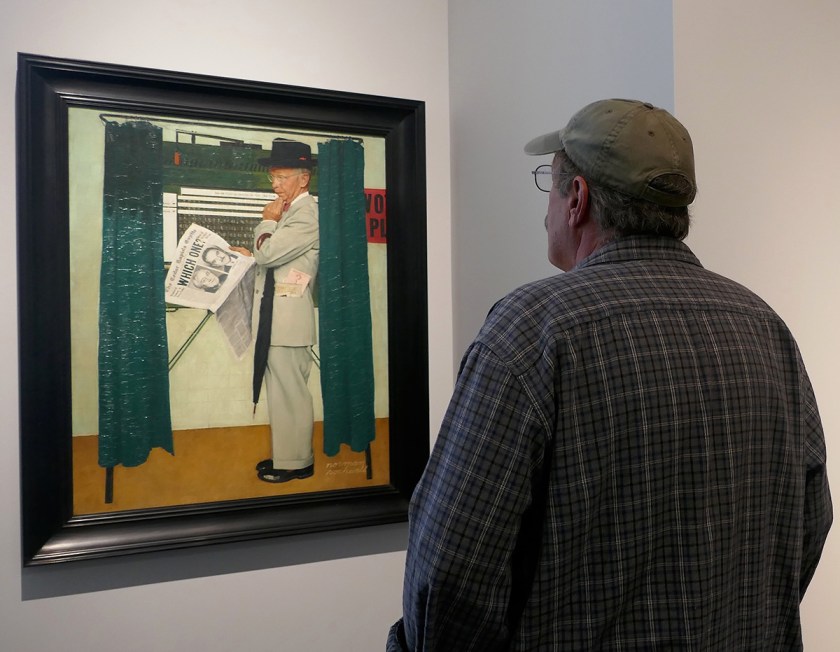
On Election Night, you might’ve experienced similar jitters to voters reading The Saturday Evening Post back in 1944.
That year’s race was a decidedly different one than the Clinton-Trump standoff of 2016. Weathering the effects of World War II on the home front, America was eagerly awaiting the following week’s showdown between candidates Franklin D. Roosevelt, the Democratic incumbent, and the Republican governor of New York, Thomas E. Dewey. (The name might ring a bell; he’s the same “Dewey” whom the Chicago Daily Tribune erroneously named the winner of the 1948 presidential election against Harry Truman.)
The ’44 race does have something in common with the Clinton-Trump circus, though: It was a tight race. In the lead-up to the election, Dewey called for Roosevelt’s impeachment (sound familiar?), claiming that the president had known about the Pearl Harbor bombing in advance. His campaign tactics clearly had an impact on the country, as Roosevelt received only three million more votes than Dewey. But the Republican ultimately lost, with the Electoral College choosing Roosevelt, 433-99.
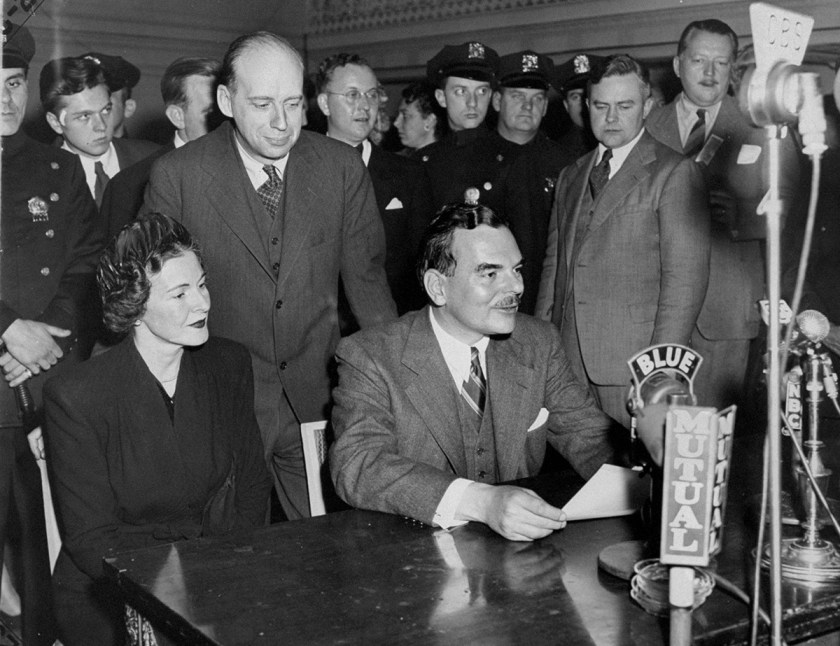
While Roosevelt did end up winning his unprecedented fourth term, he was dealing with unpopular policies at home, as well as rampant rumors about his failing health. The latter turned out to be true, as he died just months into his term in 1945.
Post readers would’ve been sensitive to all of this—and who better to play on readers’ anxieties than American-as-apple-pie painter Norman Rockwell?
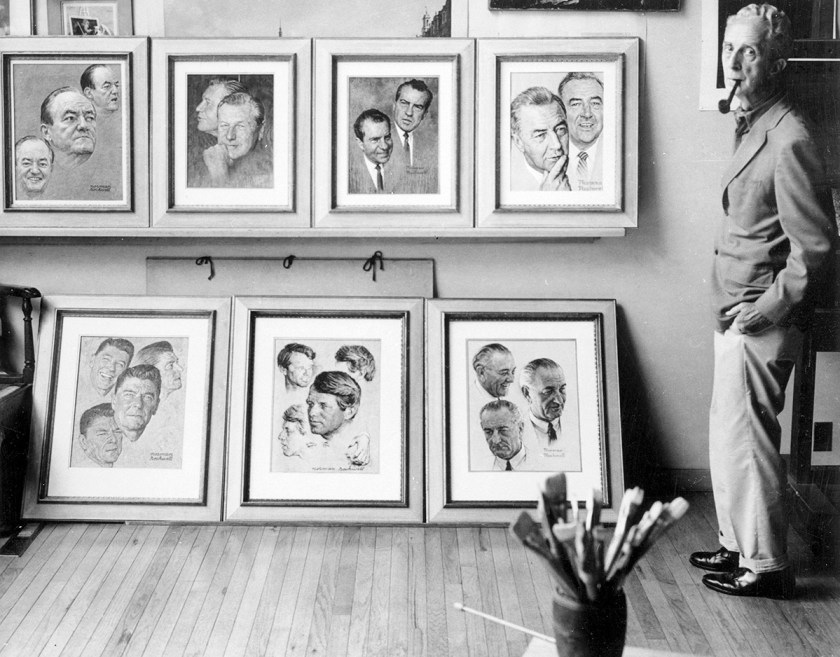
Rockwell, known for his hyper-realistic paintings—many of which focused on the subtleties of the American experience—named his Post cover “Which One?,” featuring a voter in Iowa casting his vote. In the painting, Rockwell tries to depict the average voter, who’s entered the voting booth having spent a time researching his choice.
Sotheby’s has “Which One?” on the block as part of its November 21 “American Art” sale, with a pre-auction estimate on the painting of $4 million to $6 million. To read more about the historic painting, click here. To browse the four other Rockwell paintings available—as well as a number of other important American artists’ works—click here.
This article appeared in an InsideHook newsletter. Sign up for free to get more on travel, wellness, style, drinking, and culture.
